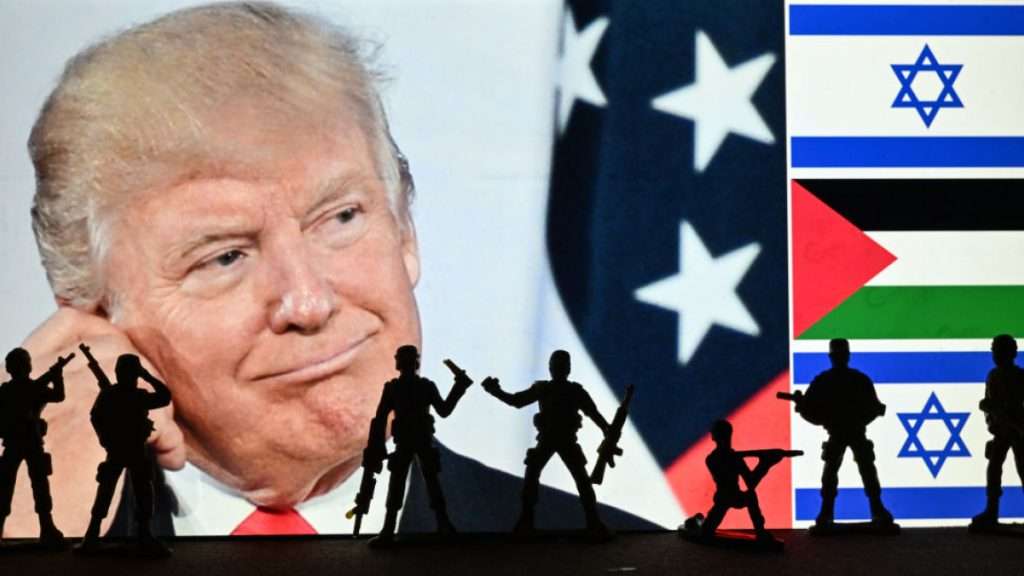From mockery to mandate, Trump turns to the UN for Gaza

The United States has acknowledged that it may need to seek United Nations approval for an international stabilisation force to enter Gaza, the Middle East Eye and agencies reported on October 23rd, in an unexpected move given the Trump administration’s long standing aversion to the global body.
US Secretary of State Marco Rubio confirmed that Washington is establishing a civil-military coordination centre to oversee the fragile Gaza ceasefire and could soon “go to the UN potentially and get the international mandate, building the international defense security forces.”
President Donald Trump’s 20-point ceasefire plan envisions an Arab and Muslim coalition force taking responsibility for security in Gaza. The US has reportedly engaged in discussions with Egypt, the United Arab Emirates, Qatar, Jordan, Indonesia, and Azerbaijan about contributing troops, however Israel has repeatedly dismissed the input from Arab and Muslim states.
Egypt, according to reports, has been lobbying for a UN mandate and has called for limited US troop involvement to deter potential Israeli violations. That idea, however, was quickly dismissed by Vice President JD Vance.
If the US proceeds with a UN-backed mission, it will mark a striking reversal for an administration that has often critiqued and undermined the organisation. Trump mocked the UN in his General Assembly speech, calling it a forum of “empty words” that “don’t solve war.” His administration also imposed sanctions on UN special rapporteur Francesca Albanese, withdrew from the Human Rights Council, and suspended funding to the UN agency for Palestinian refugees.
The apparent shift reflects growing pressure from Arab states in the region, whose cooperation is crucial for any international deployment in Gaza. Earlier, Washington was forced to abandon its controversial support for the Gaza Humanitarian Foundation, a US and Israel-backed group, guilty of mishandling and militarising aid distribution.

A similar dynamic now appears to be shaping the debate over peacekeeping. “Some of these countries are going to require an international mandate in order to be able to send forces abroad,” Rubio admitted before leaving for Israel.
Experts suggest that a UN mandate is not only a political necessity but also essential for the legitimacy of any peacekeeping force in Gaza. “For the force to be seen as legitimate by the Palestinians, it must not be perceived as contracted by Israel,” said Jean-Marie Guéhenno, a former UN undersecretary general for peacekeeping operations.
Diplomats remain cautiously optimistic about the proposal’s prospects. “China and Russia have veto power,” one Western envoy noted, “but given how many Arab and Muslim countries want a UN stamp of approval, it’s unlikely they’ll act as spoilers.”
If approved, such a force would become the most significant UN-linked intervention into Israel’s occupation of Palestine, and an ironic embrace of multilateralism by the Trump administration who once vowed to reject it.
Middle East Eye and agencies, Maghrebi.org
Want to chase the pulse of North Africa?
Subscribe to receive our FREE weekly PDF magazine














